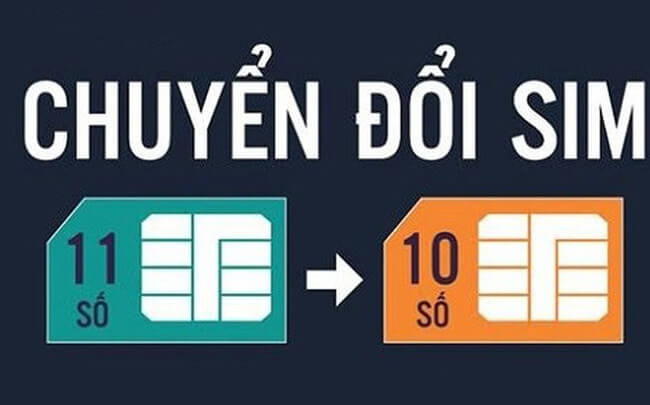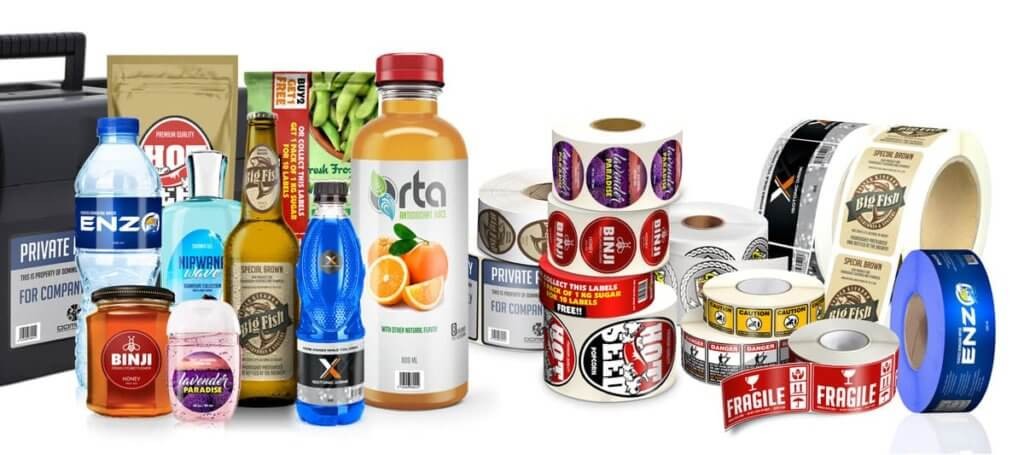What is called Vietnamese goods?
In the past time, the situation of imported goods "wearing" Vietnamese goods has been increasing. Some products are still labeled "made in Vietnam" or "Vietnamese goods", although they are not true. Therefore, the draft Circular on how to identify products and goods as products or goods of Vietnam or made in Vietnam by the Ministry of Industry and Trade has given some points to help clarify this issue.
According to this draft, the goods are permitted to be declared as Vietnamese goods in two cases. Firstly, goods are of pure origin or produced entirely in Vietnam. Case 2, the goods are not purely originated from or are not fully produced in Vietnam but undergo the final processing and production in Vietnam that fundamentally alter the nature of the goods. In addition, goods that are considered Vietnamese goods must have an added value of 30% of the domestic value content of Vietnam alone.
Request for Consultation
Flexible spaces ranging from 250 - 10,000 m²
Currently, many high-tech industries such as electronics industry, automobile assembly industry, and telecommunications equipment manufacturing industry have been producing and assembling products considered "made in Vietnam". However, when this draft is passed, domestic goods manufacturers that circulate in the Vietnamese market will not be entitled to label in a foreign language, for example "made in Vietnam" or "product of Vietnam". In addition, they are also not allowed to show content such as assembled in Vietnam, processed in Vietnam or designed by Vietnam, but are only allowed to choose one of the prescribed ways such as Vietnamese products, Vietnamese goods, made in Vietnam, etc.
The Circular will not raise additional costs for enterprises because labeling of goods and publication of country of origin on the goods labels has been for a long time a mandatory requirement in accordance with Decree 43/2017 / ND-CP. Moreover, the Circular also helps organizations and individuals have grounds to comply with the requirements of Decree 43, to help eliminate cases of accidentally or intentionally violating information about the country of origin.









